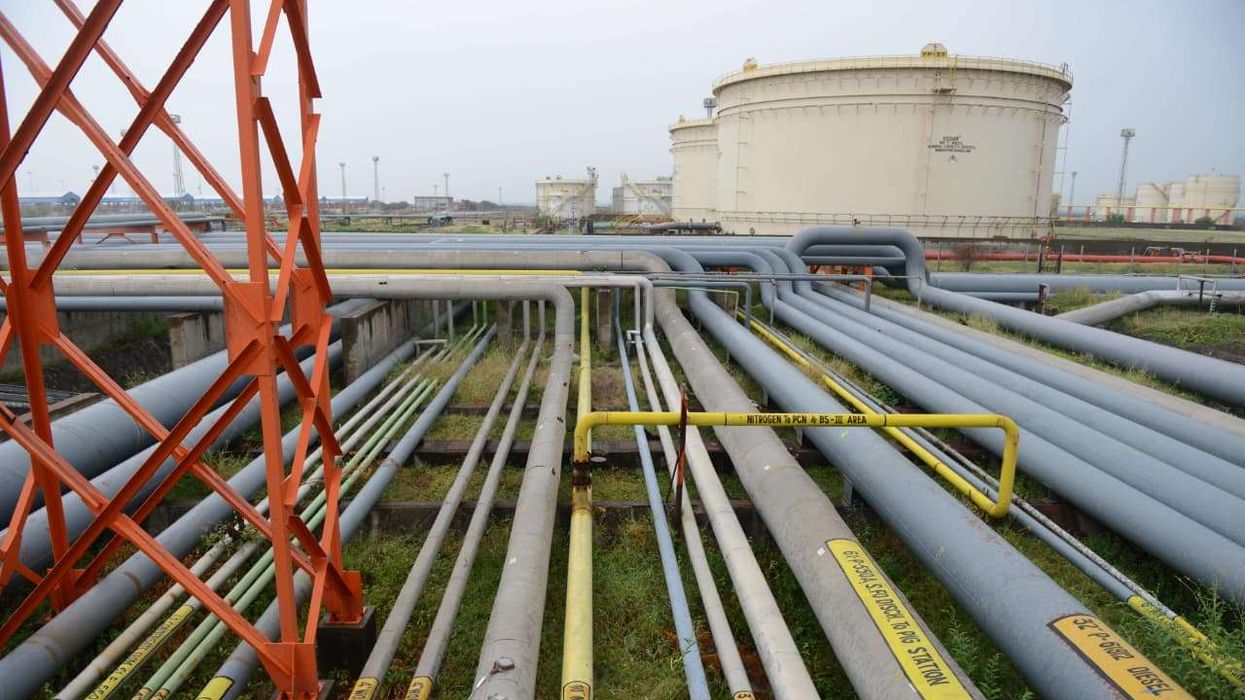INDIA is expected to reap benefits from the global minimum 15 per cent corporate tax rate agreement signed by the G7 member nations on Saturday (5) as the effective domestic tax rate is above the threshold, experts said.
The finance ministers of G-7 countries, comprising US, UK, Germany, France, Canada, Italy and Japan, reached a landmark deal on fixing the minimum global tax rate of 15 per cent for multinational companies.
To plug loopholes in cross-border taxation, the group also agreed to put in place procedures to ensure businesses pay taxes in the countries of operation.
In September 2019, India had slashed corporate taxes for domestic companies to 22 per cent and to 15 per cent for new domestic manufacturing units. The concessional tax rate was extended to the existing domestic companies as well, subject to certain conditions.
India is expected to benefit from this decision as it is a big market for a large number of tech companies, Consulting firm AKM Global tax partner Amit Maheshwari said.
"It remains to be seen how the allocation would be between market countries. Also, the global minimum tax of at least 15 per cent means that in all probability the concessional Indian tax regime would still work, and India would continue to attract investment," he added.
Nangia Andersen India chairman Rakesh Nangia said the G7 commitment to global minimum tax rate of 15 per cent works well for the US government and most other countries in western Europe, however, it may not augur well for some low-tax European jurisdictions that rely largely on tax rate arbitrage to attract multinational companies.
"The global pact would face the challenge of getting other major nations on the same page, since this impinges on the right of the sovereign to decide a nation's tax policy," Nangia said.
The pact would benefit large and developing countries like India which struggle to keep corporate tax rates lower to increase foreign direct investments in the country, EY India national tax leader Sudhir Kapadia said.
“Moreover, India attracts foreign investment due to its large internal market, cheaper rates for quality labour at competitive rates, strategic location for exports, and a thriving private sector," Nangia added.
The decision of the G7 would be placed before the G20 countries, a group of developing and developed nations, in a meeting scheduled for July in Venice.
The G7 agreement would have a lot of importance in the G20 group, but to reach a global consensus a lot more needs to be done, Maheshwari said.
The Organisation for Economic Co-operation and Development (OECD) secretary-general Mathias Cormann said on Saturday (5) the consensus among the G7 finance ministers, including on a minimum level of global taxation, is a landmark step toward the global consensus necessary to reform the international tax system.













